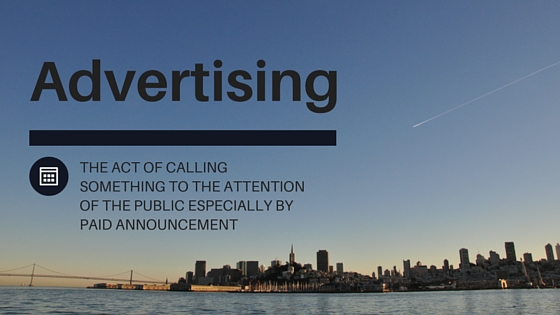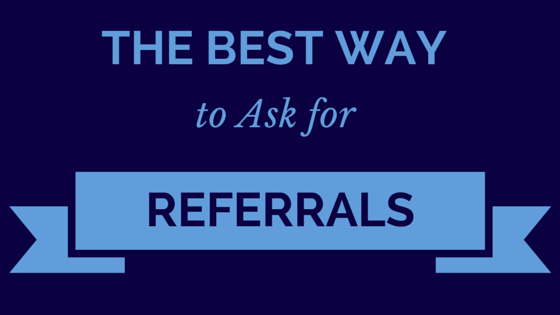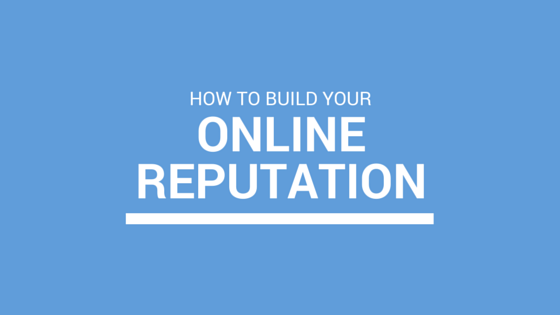
Every real estate agent knows that referrals are the best lead channel. But how may referrals are you getting?
The truth is, if you want to start working by referral – then you need a strategy. A few simple habits can go a long way when it comes to increasing referrals from people you know.
Offer Incredible Service
First things first, if you want to increase your referral business you’ll need to be memorable. Think about your specialty, and how you’re unique. What takes your service from good to great?
Develop Regular Touch Points with Past Clients
After closing, make sure you’re staying top of mind with past clients. If you have a newsletter for potential buyers, you should have a newsletter for past clients. And make sure the content is relevant for them (ie – don’t just promote your listings). These touch points can include:
- Social media content
- Client appreciation events
- Newsletters
Check In
There’s nothing like a personal phone call to check in with past clients. It shows you value their business, and that you’re a trusted source of real estate knowledge. If clients were planning on doing renos after moving in – this is an easy talking point. Other great ideas for check in calls are:
- When mortgage rate changes
- The anniversary of the sale
- If new construction is planned in their area
- Industry news that may affect them
- Seasonal home maintenance tips
Ask
If you deliver excellent service, stay connected with past clients, and act as a trusted real estate expert – then asking for referrals won’t feel gimmicky. For example, you could say – “I really enjoyed helping you find your first home, and if you know anyone who may be interested in entering the real estate market – I’d love to help them out.” A simple statement like this tells past clients the type of referrals you’re interested in, and makes it clear that you’re looking for referrals.
Say Thank You
Whether a referral turns into new business or not – always say thank you and show your gratitude. And better yet – if the person has their own business, send a referral back their way!

 As a real estate agent, it can feel like there’s a plethora of marketing & advertising channels available. Mail outs, Google Adwords, Zillow, Yellowpages.com, Facebook, billboards…. the possibilities are endless.
As a real estate agent, it can feel like there’s a plethora of marketing & advertising channels available. Mail outs, Google Adwords, Zillow, Yellowpages.com, Facebook, billboards…. the possibilities are endless. As a REALTOR®, Melanie Galea understands the importance of being a connector to grow her business. “When people move to town, they’re always asking me ‘Who should I call to do my landscaping?’ or ‘Who’s the best handyman?’ ”
As a REALTOR®, Melanie Galea understands the importance of being a connector to grow her business. “When people move to town, they’re always asking me ‘Who should I call to do my landscaping?’ or ‘Who’s the best handyman?’ ”  For any real estate agent, a clearly defined niche strengthens your market position, creates efficiencies and establishes you as an expert. Whether you specialize in a property type, client demographic, or neighborhood – adopting a niche strategy has obvious benefits. So how do you go about discovering, defining & developing your niche?
For any real estate agent, a clearly defined niche strengthens your market position, creates efficiencies and establishes you as an expert. Whether you specialize in a property type, client demographic, or neighborhood – adopting a niche strategy has obvious benefits. So how do you go about discovering, defining & developing your niche? 
 Your Net Promoter score is the percentage of your clients that are Promoters minus the percentage of Detractors. So the number could range from -100 if all of your clients were Detractors to +100 if all of your clients answered 9 or 10.
Your Net Promoter score is the percentage of your clients that are Promoters minus the percentage of Detractors. So the number could range from -100 if all of your clients were Detractors to +100 if all of your clients answered 9 or 10.



